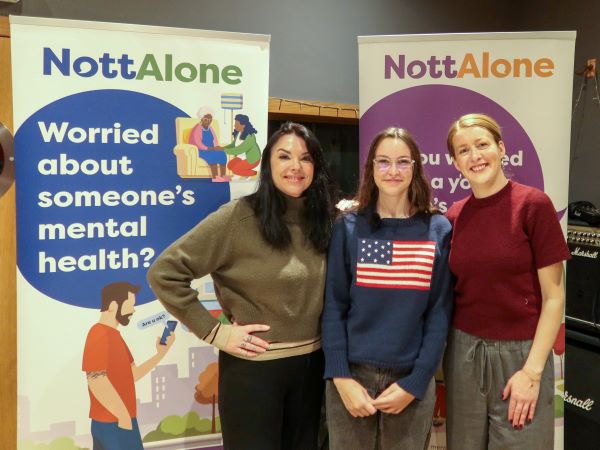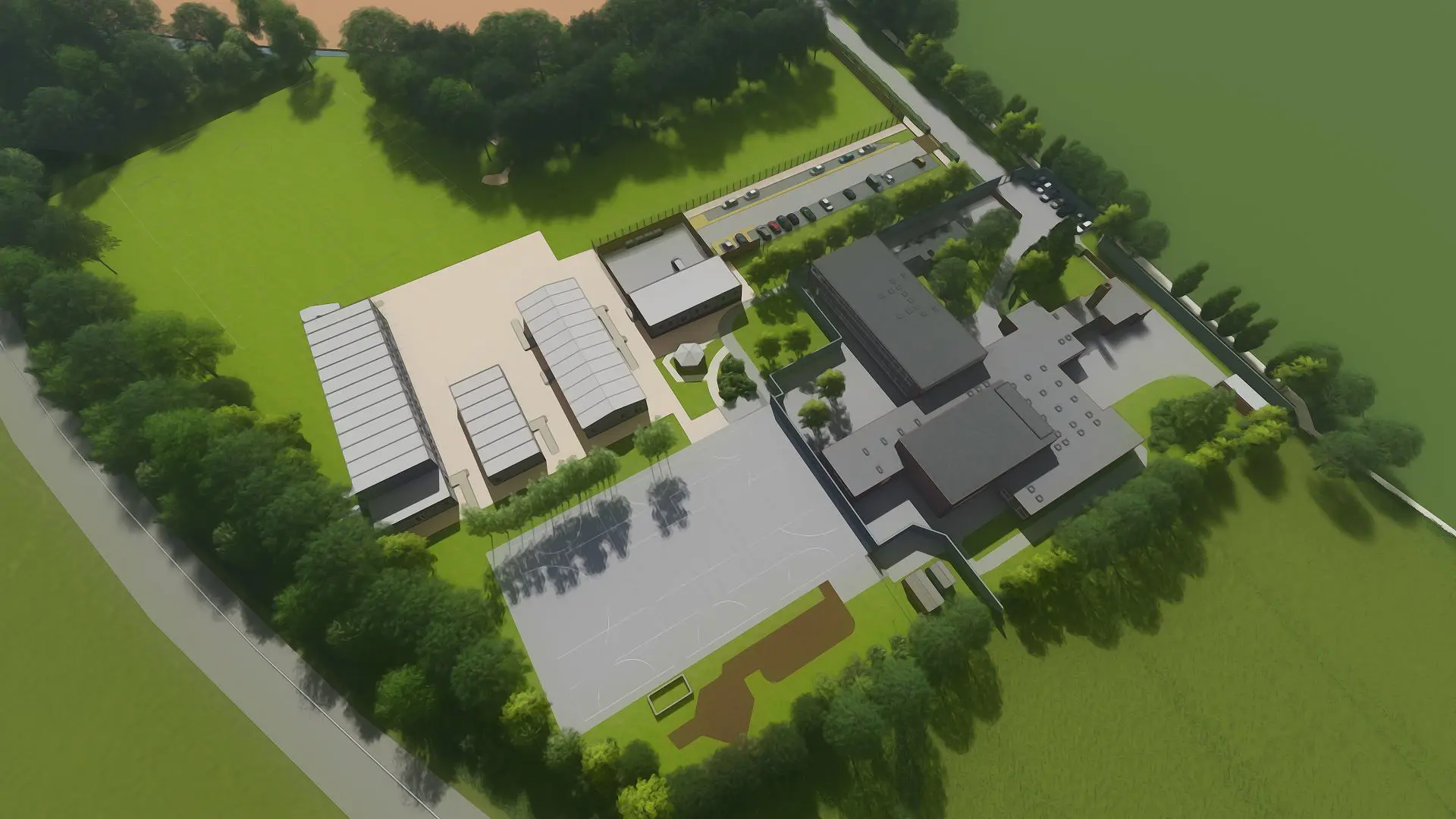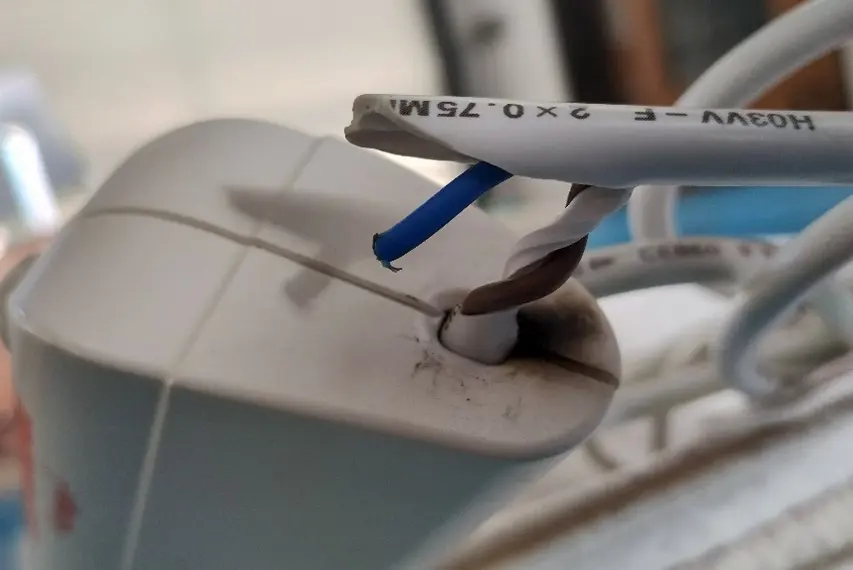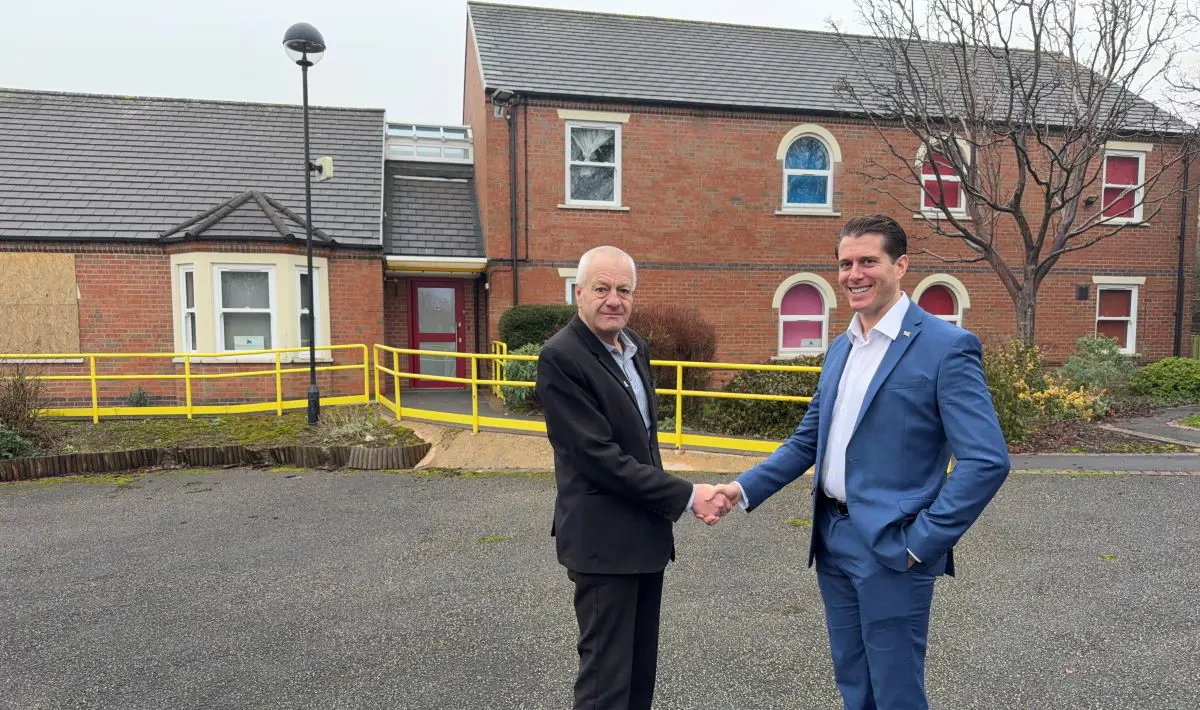Our activities
The Council declared a climate emergency in May 2021, furthering the commitment to delivering on these actions to tackle climate change and ensure Nottinghamshire has a greener future. The environment is also a key theme within The Nottinghamshire Plan. We are committed to working towards these goals for all our communities, but especially those where a greener environment would most benefit health and wellbeing.
Select a drop-down box below to view our environmental improvement activities across the Council:
Our buildings
Our Greenhouse Gas Baseline Report shows that a high proportion of our emissions come from the buildings we occupy. We are increasing our renewable energy generation through the installation of solar panels across our estate, and are committed to reducing our energy and water consumption across our estate by:
-
making changes to site operation and management
- raising staff awareness and engagement in energy saving behaviours
- investment in energy saving measures and equipment, such as systems, appliances, and controls.
What have we achieved so far?
Our plans for more carbon-neutral and sustainable buildings include:
- A proposed new building at Top Wighay which will set a new benchmark for the Council, with a high level of environmental sustainability. This site is being designed to achieve an excellent BREAAM status.
- A planned energy-efficient contact centre and office building in Worksop.
- Improvements at our Gedling View building, including replacing an old gas boiler with a more energy efficient air heat source pump, new solar panels, and LED lighting, saving an estimated 232 tonnes of CO2 over the next 20 years.
- We currently have solar photovoltaic panels (PVs) on over 40 Council buildings, generating approximately 1 million kWh of electricity per year.
- Improvements to The Mill Adventure Base through the Council’s Green Investment Fund, including an increase in solar panels to produce 100% of the centre’s electricity and electric vehicle charging points.
- Installation of solar panels and a swap to LED lighting at Mansfield Bus Station through the Green Investment Fund.
Streetlights
‘Nottinghamshire’s Lighting the Way to Save Energy’ project has been managed and implemented by Via, in partnership with Nottinghamshire County Council’s Energy Team and Salix Finance.
What have we achieved so far?
- Secured more than £14million investment for the project
- Over 70,000 LED lanterns have been installed in the county, saving 71,300 tonnes of carbon and reducing electricity consumption by 81.5 million kWh since 2014.
- Nottinghamshire County Council owned Via East Midlands won the 2020 Association of Public Sector Excellence Street Lighting Innovation Award for it’s work on LED street lighting renewals project in Nottinghamshire.
- Moving to LEDs has seen a 47% reduction in street lighting faults, resulting in an improved service and value for money for Nottinghamshire residents.
- The project has also achieved almost £10million in energy savings to date and is set to be extended to convert more of the county’s 94,000 streetlights through 2023.
Nottinghamshire County Council works with a variety of partners to deliver services across the County and as such we are in a unique position to encourage these partners to consider their carbon footprint. We also recognise the positive impact that our workforce can have on tackling climate change, both through their practices at work and their personal lives and aim to create opportunities for colleagues to contribute and share ideas.
What have we done so far?
- Established an Employee Green Initiatives Group, where colleagues can come together monthly to discuss environmental initiatives to reduce their carbon footprint both at work and at home
- Development of Climate Change Awareness training for all colleagues which will be rolled out during 2022
- Working with our partners including Via East Midlands, Arc, Veolia, Inspire and our Country Parks to support delivery of their own environmental agendas
- Providing environmental volunteering opportunities with our workforce, partners, schools, and residents.
- Through our Procurement Strategy, an emphasis has been placed on environmental considerations, including key performance indicators and targets for tenders and contracts where appropriate
- Set up a Green Investment Fund, a pot of money that is earmarked for projects across the organisation that support delivery of the Environment Strategy Actions and/or helps reduce the emissions released through Council activities.
Read our latest annual reports:
- Greenhouse Gas Report 2019-2020 [PDF]
- Greenhouse Gas Report 2021-2022 [PDF]
- Greenhouse Gas Report 2022-2023 [PDF]
- Greenhouse Gas Report 2023-2024 [PDF]
A Carbon Reduction Plan 2022-2032 [PDF] has been developed to support the reduction of the County Council's Greenhouse Gas emissions
We believe that hybrid working will make the Council more efficient, effective, and productive, save time and money, and help us reduce our carbon footprint.
What have we achieved so far?
- During the pandemic our staff travelled approximately 3.5 million fewer miles due to more staff working from home, reducing travel costs, and cutting carbon emissions. Through our new hybrid working strategy and the utilisation of technology to allow virtual meetings, we aim to maintain this going forward
- We have significantly reduced carbon emissions by an estimated 885 tonnes due to reduced business travel in 2020/21
- We have reduced the number of offices we occupy/work in from 17 down to 10.
Several of the actions within the Environment Strategy Action Plan refer to the protection and enhancement of our natural environment.
For more information on this work, please go to our nature conservation, biodiversity and green spaces pages, or to get involved please see the latest countryside volunteering opportunities.
Trees for Climate
Trees for Climate is a five year, Defra funded programme aiming to create over 6000ha of new woodland across England’s 11 Community Forests.
Within the Midlands Engine area, Greenwood Community Forest (hosted by Nottinghamshire County Council) and the Forest of Mercia CIC will collectively establish 325ha of new woodland across their areas.
Working with a broad range of partners, the project will create new accessible green space for local communities, new habitat for wildlife, and will have captured around 300 tonnes of CO2 per hectare of woodland after 30 years.
Over 616,000 trees have been planted under Trees for Climate programme in 2020/21.
Nottinghamshire County Council and Greenwood Community Forest plan to plant around 250,000 extra trees across the county in the next five years as part of the programme covering 250 hectares of land.
What have we achieved so far?
- In Year 1 (20/21) we planted 4,480 trees and shrubs across 4.9hectares of Bentinck South.
- In Year 2 (21/22) we aim to plant Bestwood Country Park (30.3ha), Rufford No.3 pit tip (16.6ha) and Daneshill (7.9ha), Vicar Water Country Park (NSDC land) led by Sherwood Forest Trust (4.1ha).
- Completed designs on another 40 hectares of planting across 4 other sites and are now seeking the necessary regulatory approvals for the creation of new native woodlands.
- Recruited two new members of staff to help deliver our plans for tree planting across the county.
Our Net Zero Framework [PDF] recognises the importance of collaborative work in delivering our vision and ambitions. Although our primary aim is to draw the attention of critical partners towards a shared vision, we encourage residents and businesses to join us as we collectively pursue a net zero future.
Our Electric Vehicle Chargepoint Framework [PDF] highlights the need for the uptake of green transport solutions to reduce greenhouse gas emissions. The provision of electric vehicle infrastructure is key to motivating the transition to low emission vehicles, and is important in building sustainability across the transport sector. Collaboration with residents, partners and communities is required to establish a thriving and accessible public chargepoint network
In order to improve our environment and reduce emissions from Council activities and beyond, we have made several investments in previous years. These include:
- the purchase of electric buses and continued replacement of our fleet with electric or low emission vehicles as current vehicles come to the end of their life
- investment in electric vehicle charging infrastructure, with plans to expand
- changing highways assets such as street lighting and traffic signals to LED across the county
- solar panel installation on over 40 buildings within the Council estate
- investment in 72 buses being retrofitted with green technology
- expanding the Climate Change team, increasing capacity to support delivery of workstreams to reduce emissions and protect our environment.
Green Investment Fund
In addition to the above, £550,000 was allocated in 2021/22 for projects that support the delivery of the Council’s Corporate Environment Strategy actions. Approval and funding was given to several projects, including:
- improvements to Mansfield Bus Station, including LED lighting and solar panels
- a pilot of photovoltaic glass to power bus shelter lighting and digital display on a mobility hub in Ollerton
- green spaces habitat management, including removal of non-native invasive species
- woodland creation consisting of over 75,000 trees being planted
- improvements to one of our Outdoor and Environmental education centres, The Mill Adventure Base, including expansion of solar panels to allow production of 100% of the centre’s electricity.
To find out more about these investments, please read the information contained under the tabs below.
Further monetary commitment has been made to allow continuation of the Green Investment Fund for the next four years to support the reduction of emissions from Council activity.
One of the ways in which the Council is reducing greenhouse gas emissions is through reducing waste produced by our activities, including disposal of food, reduction in the use of paper and single use plastics and increasing recycling performance. We are also working to reduce the consumption of energy and water in our buildings, and increase our production of renewable energy across our estate.
Updates on these activities are taken to Transport and Environment Committee on a bi-annual basis.
What have we achieved so far?
- In 2019 we encouraged residents to make a pledge on #CleanAirDay to take up sustainable travel options
- Installing electric vehicle charging points and providing grants to businesses for sustainable travel
- Retrofitting older polluting buses with cleaner technology ( see Electric vehicles for further info)
- Improving transport infrastructure to encourage walking, cycling and bus travel
- Supporting the Nottinghamshire car share scheme.
Electric vehicles
We are committed to improving air quality for residents across Nottinghamshire and reducing CO2 emissions.
Nottinghamshire County Council has expanded its own pool of electric cars and vans and has set the ambition to ‘green’ all vehicles used for carrying out Council Services by 2030, and half of them by 2025. The Council also offers advice to help other organisations introduce low emission vehicles into their fleets. The Office for Low Emission Vehicles (OLEV) is to fund new green infrastructure, which has seen almost £1million invested in new electric buses in the county.
Read about our enhanced partnerships with local bus operators.
What have we achieved so far?
-
Launched NottsBus ECOnnect – electric buses offering quieter, sleeker and pollution free transport thanks to zero emission bus technology. We have invested in 6 electric buses to date.
-
Two eco-friendly electric buses were introduced in July 2018 to run on routes 210 and 511 between Beeston, Toton, and Stapleford.
-
Four new electric buses were added to the Notts Bus ECOnnect fleet in 2021 and are now on routes throughout the County, The Council made a successful bid for Department for Transport funding on behalf of local bus operators, resulting in a total of 72 buses being retrofitted with ‘clean bus technology’ by the end of summer 2021.
The Travel Choice programme has been running in Nottinghamshire for the last few years, following our successful bid for funding from the Department for Transport in 2017.
The programme promotes more sustainable ways of travelling to reduce single occupancy car use.
The programme will continue with new funding
What have we achieved so far?
- delivered 47 travel action plans for businesses in our county
- provided travel packs to more than 6,000 employees
- given grants to businesses to help with the cost of facilities like bike shelters, Electrical Vehicle charging, and showers
- provided hundreds of public transport tickets
- loaned bicycles and mopeds








